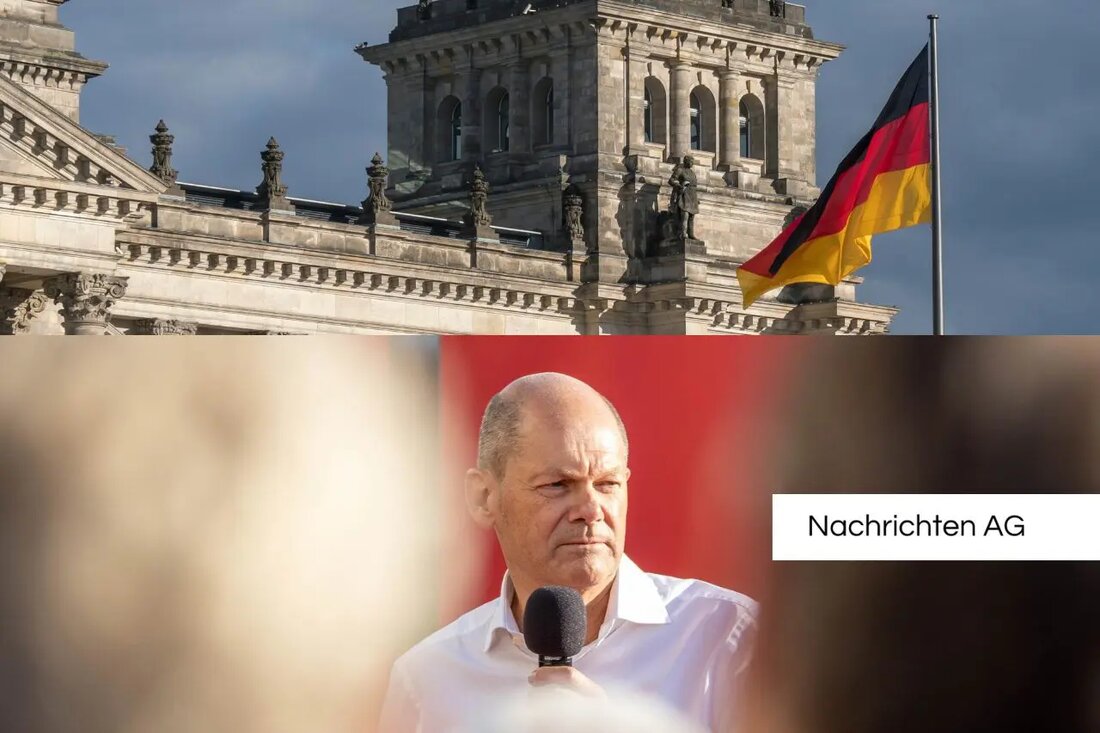Esken clarifies on: Seating in the Chancellery ensured misunderstandings!

Esken clarifies on: Seating in the Chancellery ensured misunderstandings!
In a current incident that caused a sensation, the SPD chairman Saskia Esken commented on her sitting position at a meeting in the Chancellery. On Wednesday, Chancellor Olaf Scholz, together with CDU boss Friedrich Merz, the SPD bosses Esken and Lars Klingbeil and CSU state group leader Alexander Dobrindt discussed important political topics. During the conversation, however, Esken sat left outside, which led to speculation on social media that it was in the "offside" of the discussion. Saskia Esken commented on the situation and referred to a personal background disease.
She explained that she had been hearing from the left ear since childhood due to childhood, which led to it that she preferred the space on the left edge. "I can only hear in my right ear," emphasized Esken. Her seat enables her to hear all interlocutors well. However, Esken sees no influence on their participation in the discussion.
memories of previous incidents
The incident is reminiscent of a situation that caused excitement in December. A video from the Bundestag showed Olaf Scholz, who ignored Esken after a vote. Esken then reported that Scholz later apologized to her what the matter did for her. The interpersonal handling within the political ranks remains a controversial topic.
Public attention to such topics is reinforced by social media that enable political and state institutions to interact directly with a wide audience without having to fall back on traditional journalistic filters. This development promotes a hybrid media system in which citizens, politicians and journalists communicate with each other.
The role of social media in politics
In 2022, more Germans stated that they mainly follow messages online, with platforms such as YouTube and Facebook at the forefront. The popular parties, including the SPD, fight with falling votes and a decreasing regular electorate. In order to achieve younger groups of voters, political parties have strengthened their teams on social media.
digital communication is now indispensable for all Bundestag parties. Social media offer new political actors the opportunity to organize themselves inexpensively and to gain visibility. In this context, the importance of influencer marketing in political communication is becoming increasingly clear. While negative messages in the United States create high user reactions, they play a lower role in Germany.
The challenges of political communication on social media are diverse. Data protection, hate pecher and polarization are the focus of the discussion. The General Data Protection Regulation (GDPR) regulates the use of social media and ensures legal uncertainties. Despite these challenges, social media can have both positive and negative effects on society, depending on the way they are used.
Overall, the case of Saskia Esken shows how personal stories and public perception in the political arena are interwoven. It remains to be seen how political communication is further developed through the increasing use of social media and what consequences this will have for the interaction between politicians and voters.
For further information on the role of social media in political communication, visit bpb.de .
In a recent report, Spiegel.de Body language and dynamics in political communication, which are always focused on incidents like this.
In a detailed article, DetailsQuellen
